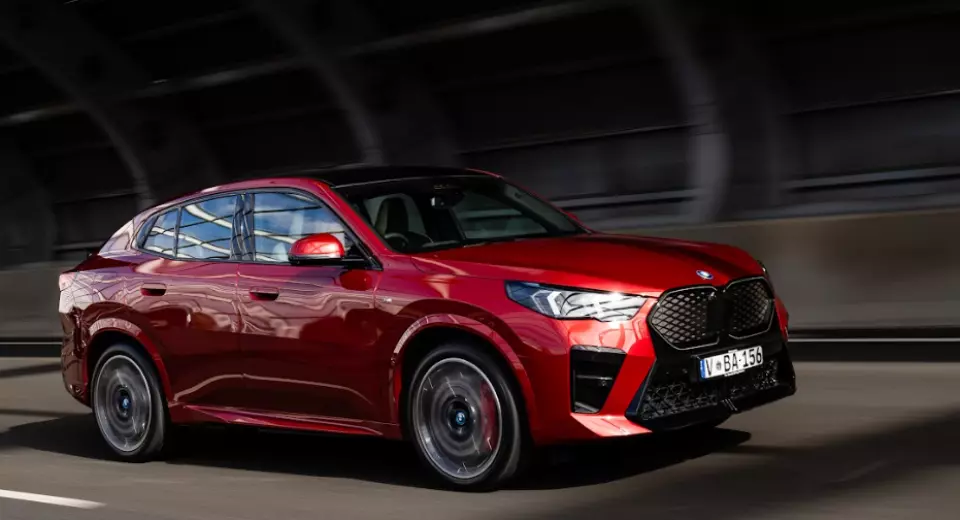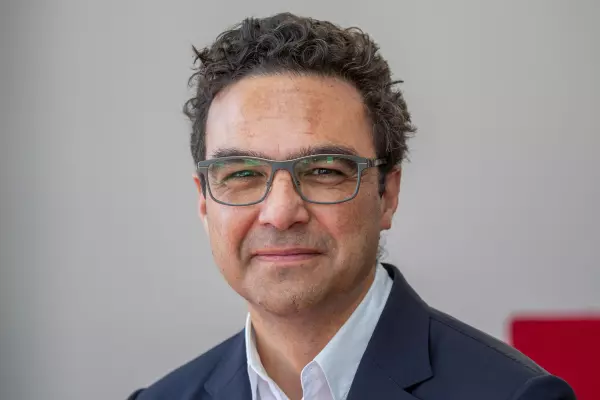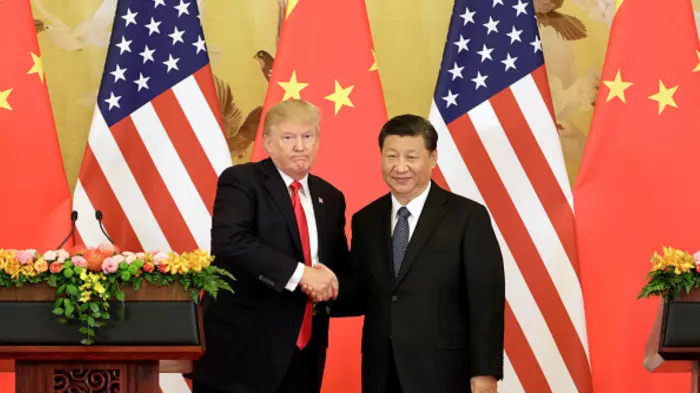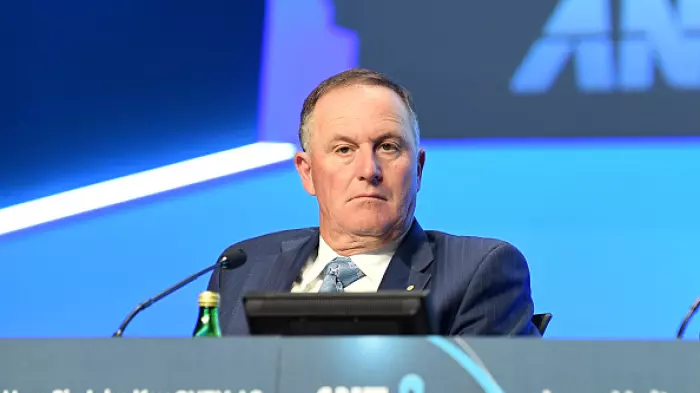“Premium and sustainability inseparable” - BMW boss.
One of the world’s premier car makers is drawing a line in the sand. With climate change recognised as among the biggest challenges facing humanity, BMW Group is committed to doing its bit for sustainability while maintaining customer choice.
With the introduction of a full range of battery electric vehicles alongside more traditional stablemates with refined internal combustion engines, the Bavarian manufacturer has something for everyone – backed with realistic goals and targets on its own drive towards Net Zero by 2050.
Managing director of BMW Group New Zealand, Adam Shaver, makes no bones about it: “We’ve placed sustainability at the centre of our strategic direction, covering every aspect of the design, distribution and sale of our vehicles.”
Shaver says it’s a commitment long entrenched in company’s corporate culture. In fact, he notes, “We were the first manufacturer worldwide to appoint our own environmental officer in 1973.”
That was then. Now: “the aim is to reduce CO2 emissions per vehicle by 40 per cent across the board.”
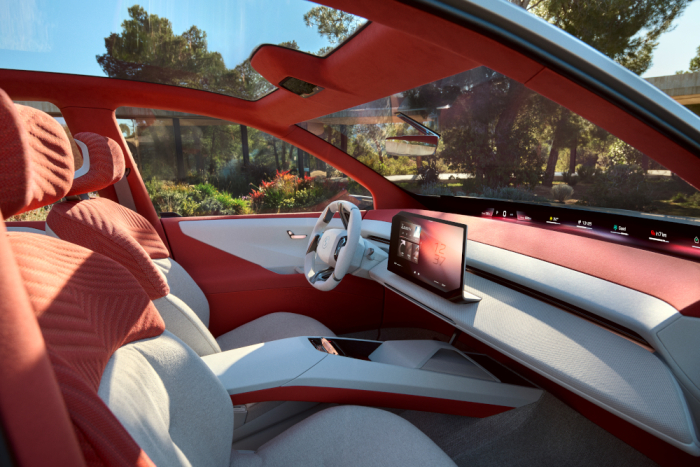 That’s a bold target, given BMW still predominantly produces petrol and diesel cars, including those in its MINI stable (close to Shaver’s heart, as he spent four years as Director of MINI in his native Canada).
That’s a bold target, given BMW still predominantly produces petrol and diesel cars, including those in its MINI stable (close to Shaver’s heart, as he spent four years as Director of MINI in his native Canada).
But positive change means not leaving anyone behind – and, while it is developing, electric infrastructure is necessarily behind that of oil with its 100-year head start.
There’s also the reality that some folks simply prefer the petrol (or diesel) they grew up on. These customers don’t disappear, so in addition to the 19 electric BMW and MINI variants, the group remains proud to offer highly efficient internal combustion-powered cars, Shaver says.
“At the core of this approach is the maxim that every driver should always receive the best and most suitable overall package for their individual needs.”
It’s a ‘big picture’ view backed by gains in production methods, facilities and, crucially, end of life processes. Because while cars are inherently long-lived products, and seeing older models on the roads means newer ones weren’t necessary to replace them, most cars eventually do reach the end of the road.
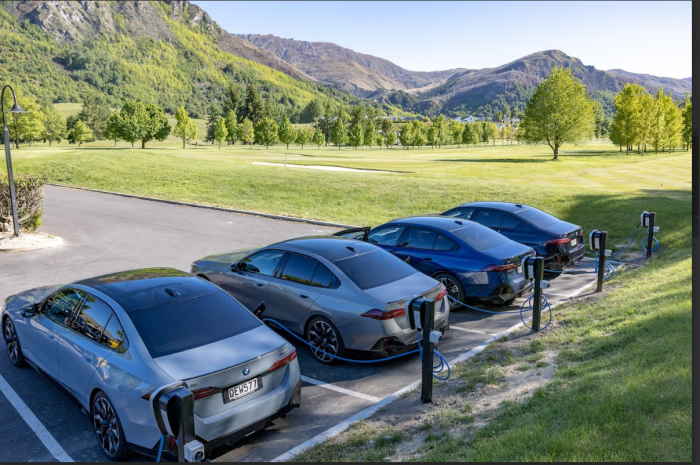 This is where BMW embraces circularity: “As we work towards our goal of becoming a carbon-neutral business by 2050, the BMW Group views the circular economy as a key approach,” says Shaver. “We look for ways to keep materials in the cycle, so resources aren’t lost, but retain their value.”
This is where BMW embraces circularity: “As we work towards our goal of becoming a carbon-neutral business by 2050, the BMW Group views the circular economy as a key approach,” says Shaver. “We look for ways to keep materials in the cycle, so resources aren’t lost, but retain their value.”
Starting with raw materials right through to recycling, a focus across the value chain means everything from increasing secondary materials use for parts and components, and effective recycling of end-of-life vehicles. Again, he stresses the importance of CO2 reduction targets, adding that the ‘use phase’ offers the greatest opportunity for reducing emissions.
With battery electric vehicles, the public has emerging concerns surrounding the handling of batteries. “Our batteries from end-of-life cars are re-purposed and installed as renewable energy storage,” he says. A BMW Group plant in Germany is doing that now – solving two problems at once.
In Leipzig, Germany, a storage farm with recycled BMW i3 batteries stores and integrates wind power into the electrical grid, reducing BMW’s production costs. “Once fully retired from these plants, batteries are stripped; raw materials are recovered and reused, achieving a recycling rate of up to 96 per cent,” says Shaver, “right down to the graphite and electrolytes contained within the batteries.”
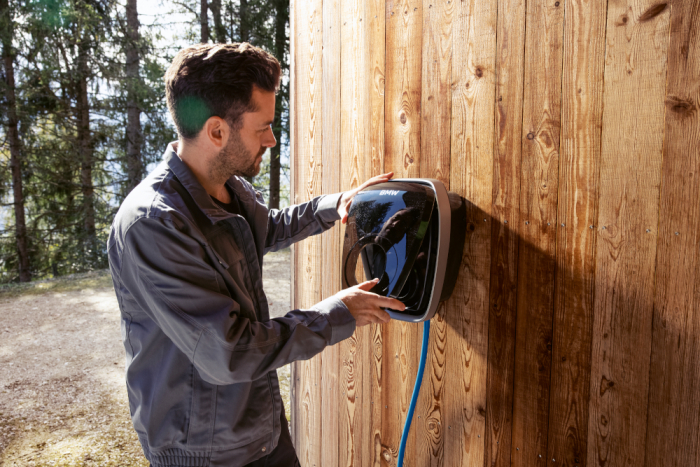 BMW’s ambitious targets are already the subject of initiatives in play: “Since 2006, we’ve cut emissions per vehicle in production by more than 70 per cent, and we are now working to slash our Scope 1 and 2 emissions by another 80 per cent between 2019 and 2030,” says Shaver with some pride.
BMW’s ambitious targets are already the subject of initiatives in play: “Since 2006, we’ve cut emissions per vehicle in production by more than 70 per cent, and we are now working to slash our Scope 1 and 2 emissions by another 80 per cent between 2019 and 2030,” says Shaver with some pride.
Scope 1 emissions are those directly owned or controlled by a company; Scope 2 are emissions which are the consequence of the company’s activities – but occur from sources it doesn’t own or control.
The BMW Group says sustainability is a team effort reaching across its global operations. Various local actions and strategies therefore align the New Zealand operations, including a recent move to new ‘5 Green Star’ certified head office premises in Auckland’s Newmarket.
This ratification attests to low energy consumption and sustainable design, including recycled materials used throughout.
The rubber hits the road in more ways, including contributing to public EV charging networks via BMW Group NZ’s Destination Charging program. This has seen more than 100 public chargers installed nationwide, available for use by any EV driver with compatible charging hardware.
Emphasising that sustainability is a journey rather than a destination, Shaver says that alongside a host of new combustion models coming to New Zealand – and keeping traditionalists happy with the latest iterations of efficient engines – BMW Group is continuing expansion of its electric line-up.
Demand is strong, with anticipations of growing sales in the latter category by over 50 per cent per year, particularly on the back of its soon-to-be-released Neue Klasse electric offerings.
“By the end of next year, a total of around two million fully electric vehicles will have been delivered to customers,” Shaver says. “As we do so, and as a premium manufacturer, we are committed to playing our part in reducing environmental impact – because we believe premium and sustainability will be inseparable in the future.”
For more information: BMW New Zealand and MINI New Zealand



